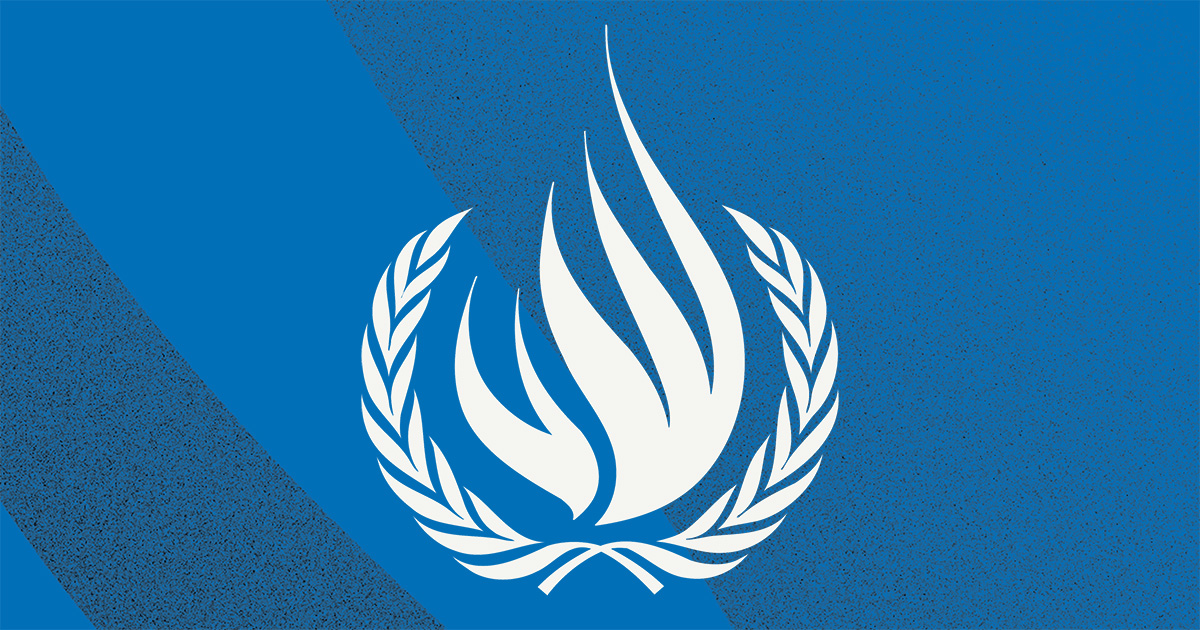
Teenagers are increasingly using protein shakes or supplements to bulk up and improve their physiques.
There are around 1.87 million Saudis between the ages of 10-14, and 1.76 million between 15-19, according to a Saudi report published in 2017. If we take a closer look at their lifestyle we can see they have a variety of ways of keeping fit, including joining a gym, fitness center or sports club.
What goes on in these spaces can be both positive and negative. On one hand, playing sports and working out with friends or under the supervision of a coach or trainer is positive because it motivates teenagers to embrace challenges and overcome obstacles.
On the other, these pursuits can create problems because teenagers have a tendency to be impatient in reaching their goals and may look for a shortcut to achieving the ideal physique or level of performance, such as consuming increased amounts of protein.
Sometimes the motive is simply to impress the opposite sex. Social media plays a major role in influencing teenagers to follow the latest fashions. Teenagers may want to imitate their peers based on what they see on Instagram or Snapchat.
Most manufacturers are clear that their protein supplement products are not suitable for those under the age of 18, but convincing a teenager is quite challenging.
Researchers have noticed the phenomenon of teenagers taking protein supplements all over the world. Recent research from marketing firm Mintel, reported by the BBC, found 12 percent of people in the UK take protein supplements for exercise. Among men and women aged between 16 and 24, that figure rose to 23 percent and 18 percent, respectively.
It’s alarming because, young as they are, teenagers have the tendency to be impatient to reach their goals
Dr. Razan Baker
According to medical reports on the subject, teens consuming too much protein can damage their kidneys. Protein shakes that contain the amino acid creatinine are particularly dangerous. Last February, the University of Technology, Sydney published a report that bodybuilding supplements which include L-norvaline can damage brain cells.
Other side effects of excess protein include calcium loss and dehydration.
It is also crucial to mention that dietary supplements are not tightly regulated by Saudi Arabia’s Food and Drug Administration (FDA), and are banned by the FDA only after adverse health effects are reported by consumers.
Saudi Arabia’s Institute of Medicine recommends that 13-year-olds eat no more than 34 grams of protein per day, rising to 46 grams for 14 to 18-year-old girls, and 52 grams for boys in the same age group.
Therefore, teens under the age of 18 should get their daily dosage of protein through their regular diet instead of supplements to help them grow healthily. Homemade protein smoothies can provide your teen with the needed intake of protein without causing any side effects.
• Dr. Razan Baker is a member of the board of directors at the Saudi Bowling Federation, a specialist in corporate social responsibility in sports, and a sports columnist/journalist.












